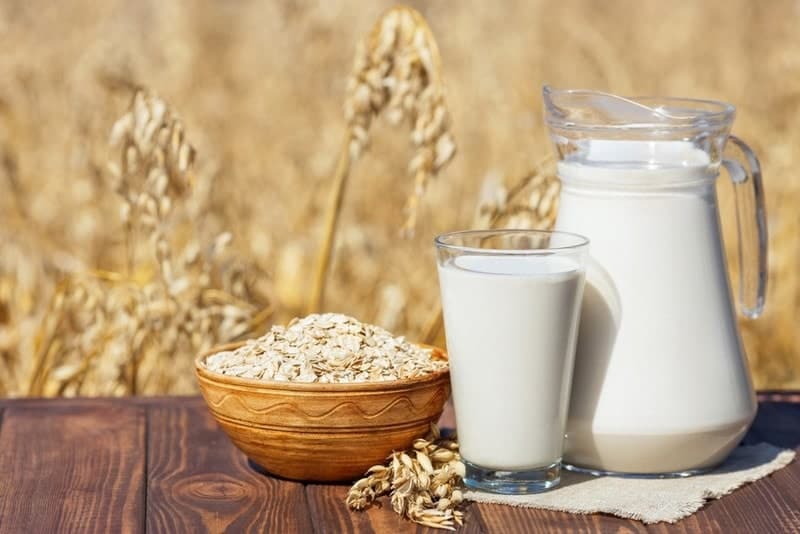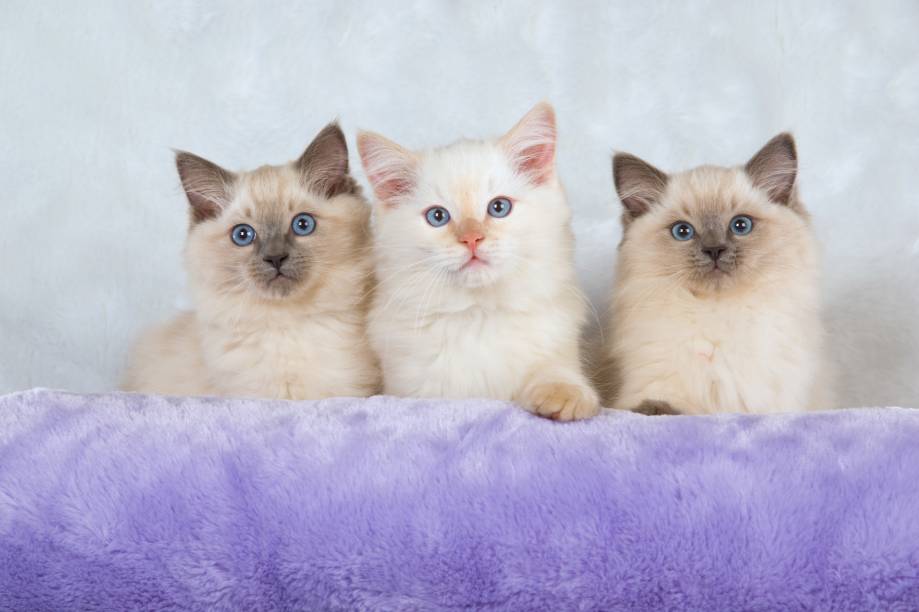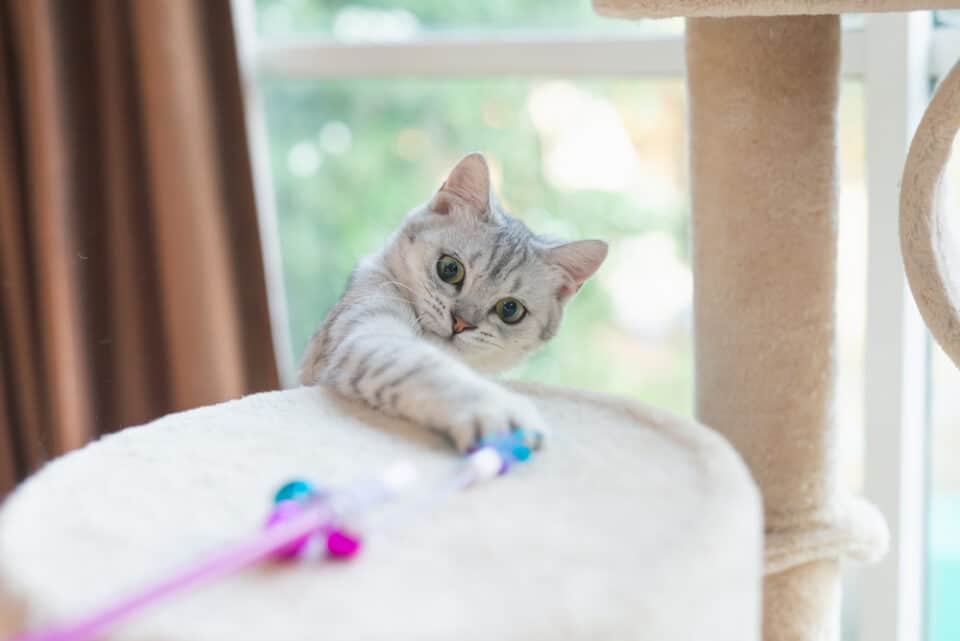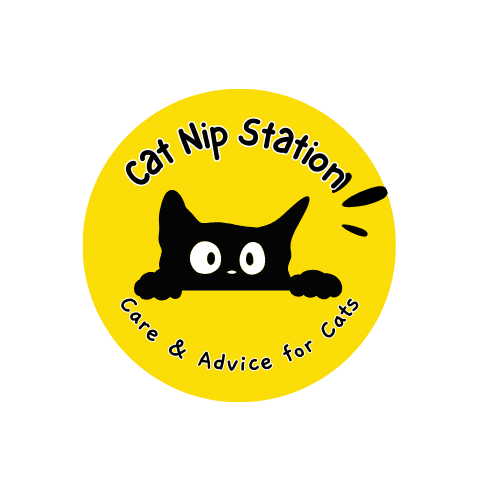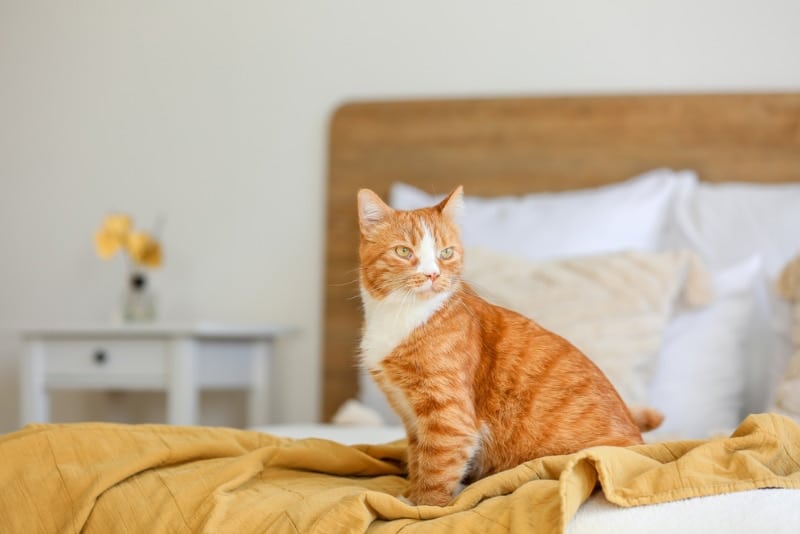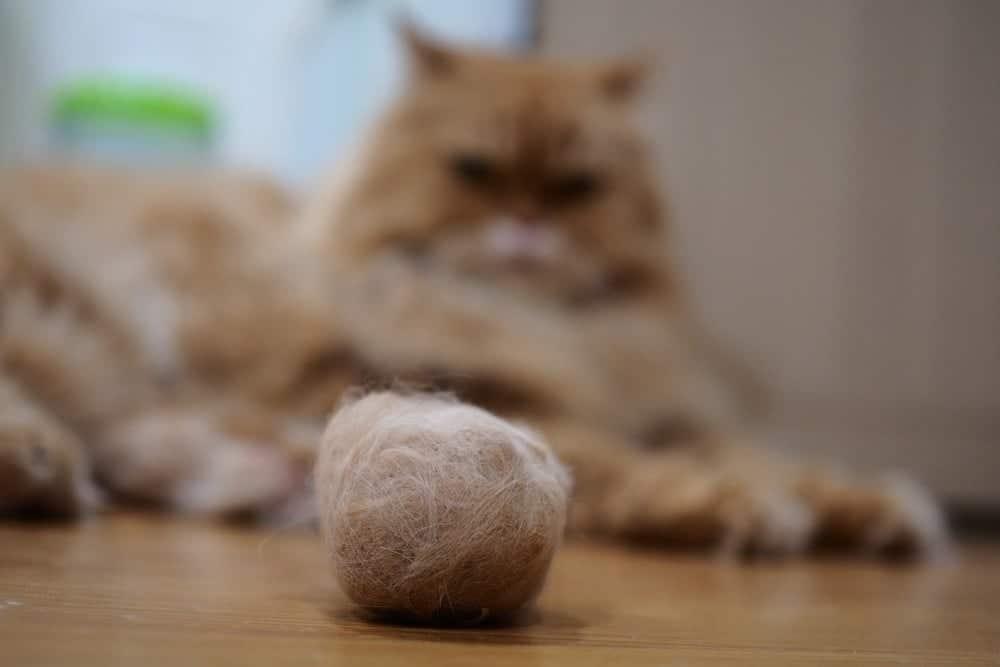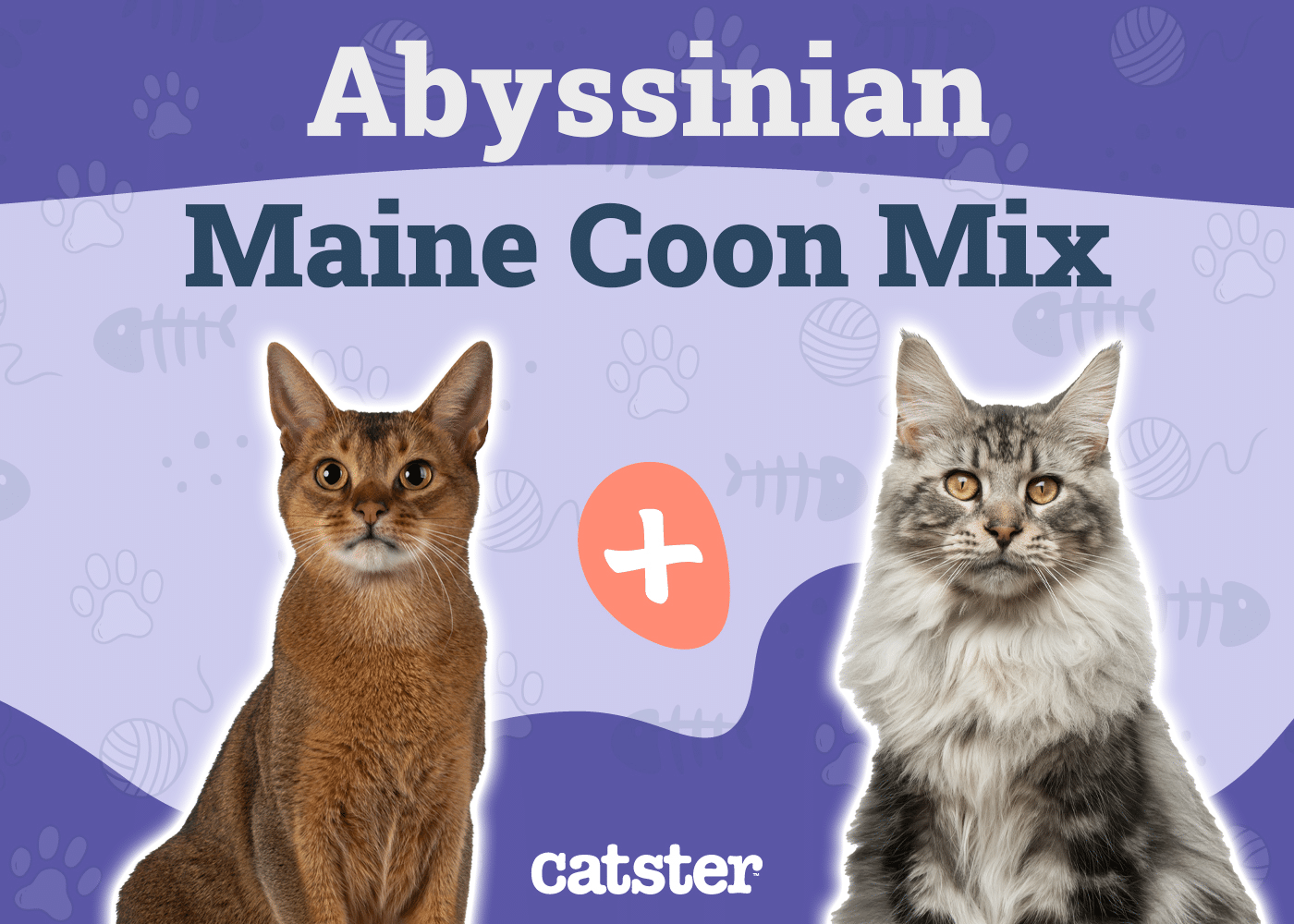In the quest for healthier diets, we often overlook how food choices affect our pets. Oat milk, a popular cow’s milk substitute, is one such example. We know its benefits for us, but what about our feline companions? This guide will explore whether oat milk is a friend or foe for cats, considering their unique dietary needs.
Cats have specific dietary requirements, differing vastly from humans. While oat milk may seem harmless, it’s essential to understand its effects on cats. Here, we’ll dive into various aspects of oat milk consumption by cats, from its carbohydrate content to possible health impacts. Understanding these can help pet owners make informed decisions about their cats’ diet.
Can Cats Sip on Oat Milk?
Oat milk is generally safe for cats, though there’s no reason to swap out old-fashioned water. Made by soaking and straining oats, this plant-based milk doesn’t threaten feline health outright. While oats are nutrition-rich, providing fiber and protein, oat milk offers no essential benefits for cats. That’s because cats don’t rely on these nutrients like we do.
Cats are obligate carnivores, focusing more on protein and fat than carbs found in oat milk. Although a small amount won’t harm, oat milk doesn’t align with their dietary needs. It lacks the nutrients that truly matter in a cat’s diet—like those found in protein-rich foods. Cats thrive on diets high in protein and lower in carbs.
The Carb Issue in Oat Milk for Cats
Oat milk comes with a hefty carb load, with one cup containing about 16 grams. That’s a lot compared to its minuscule protein and fat levels—3–4 grams of protein and 5 grams of fat. Even if humans digest carbs well, cats don’t. As obligate carnivores, cats’ natural diets include just 12% or less from carbs.
Cats process proteins and fats more efficiently than carbohydrates. The high carbs in oat milk don’t fit well into their digestive systems. And while they might digest it without problems in small doses, oat milk shouldn’t replace foods with balanced nutrients preferred by felines.
Could Oat Milk Harm Your Cat?
The enzymatic processing of oats transforms starches into sugars, making oat milk somewhat sweet. While cats can handle these sugars, the carbs can cause issues.
Some cats may not show obvious issues, yet these sugars can still create distress. Signs include vocalizing and inappropriate house-soiling, hinting at discomfort. If symptoms persist, consider contacting a vet.
High-carb diets aren’t usually linked to diabetes, but they can lead to obesity. Overweight cats are at risk of diabetes more than those consuming occasional oat milk.
Upset Stomach Woes
Even if cats initially handle carbs, prolonged exposure may strain digestion. Cats might face inefficient protein breakdown, altering gut flora and lowering fecal pH. Leftover carbs in intestines can feed unhelpful bacteria.
Bloating, diarrhea, and vomiting are signs to watch. A cat’s gut isn’t designed to handle large carb loads, so moderation is vital.
An upset stomach can often hit after too much oat milk. Moderation helps avoid these digestive woes, sticking to occasional sips rather than regular treats.
Raising Concerns with Sugary Oat Milk
Store-bought oat milk comes with its baggage—thickening agents, preservatives, and added sugar. While xylitol isn’t toxic to cats, extra sugar can stir health problems if consumed.
Excessive sugar puts stress on cats, leading to potential heart issues and unhealthy weight gain. Diabetic cats especially should avoid any extra sugars.
Flavored oat milk can be worse than regular varieties. Altogether, opt for the path of least chance in upsetting feline stomachs: plain and, if possible, homemade.
How Much Oat Milk is Just Right?
A few laps of oat milk won’t harm your furry friend. Most cats show no preference for sweet drinks, often choosing water over flavorful options.
For cats showing an affinity, limit oat milk to rare indulgences. Frequent consumption can disrupt their balanced diets.
Ensure oat milk doesn’t replace nutritionally-rich food. Cat food meets the dietary balance better than oat milk does. Cats don’t need oat milk to thrive.
Spotting If Your Cat Had Too Much Oat Milk
Cats digest blended oats better than raw ones, but too much oat milk can mess with their tummies.
If your cat throws up or has diarrhea, it’s clear they’re not faring well. Watch for symptoms—like loud meowing and evasion—to gauge their well-being.
Call a vet if the symptoms are worrisome. With some guidance, manage oat milk indulgence to unburden your pet’s digestive system.
Oat Milk vs. Cow’s Milk: A Better Choice?
Cats usually can’t digest lactose well post-weaning, making cow’s milk potentially troublesome. In contrast, oat milk, being lactose-free, dodges that bullet.
Neither oat nor cow’s milk provides necessary nutrients for cats. Water stays superior in maintaining hydration without dietary upset.
Cows’ milk may cause more diarrhea, but oat milk adds unneeded sugar.
Safe Treats with Oat Milk
If oat milk comes calling, derive safety in limited servings. Even minimal exposure may alter gut behavior, making indulgence less ideal.
Oat milk’s taste might go unnoticed by cats, who lack sweetness sensitivity. So, offering oat milk is more about owner’s intent than cat’s preference.
In essence, oat milk doesn’t benefit cats much. Stick to vet-approved dietary choices for optimal pet health.
Oat milk might offer a quirky treat, but it doesn’t replace essential nutrients. Cats thrive on their protein-packed diet. Stick to pet-friendly feeding choices for a happy, healthy kitty.
Whether cats drink oat milk occasionally or not, keeping their diet balanced is vital. Remember, water and quality cat food will always be their best bet.
